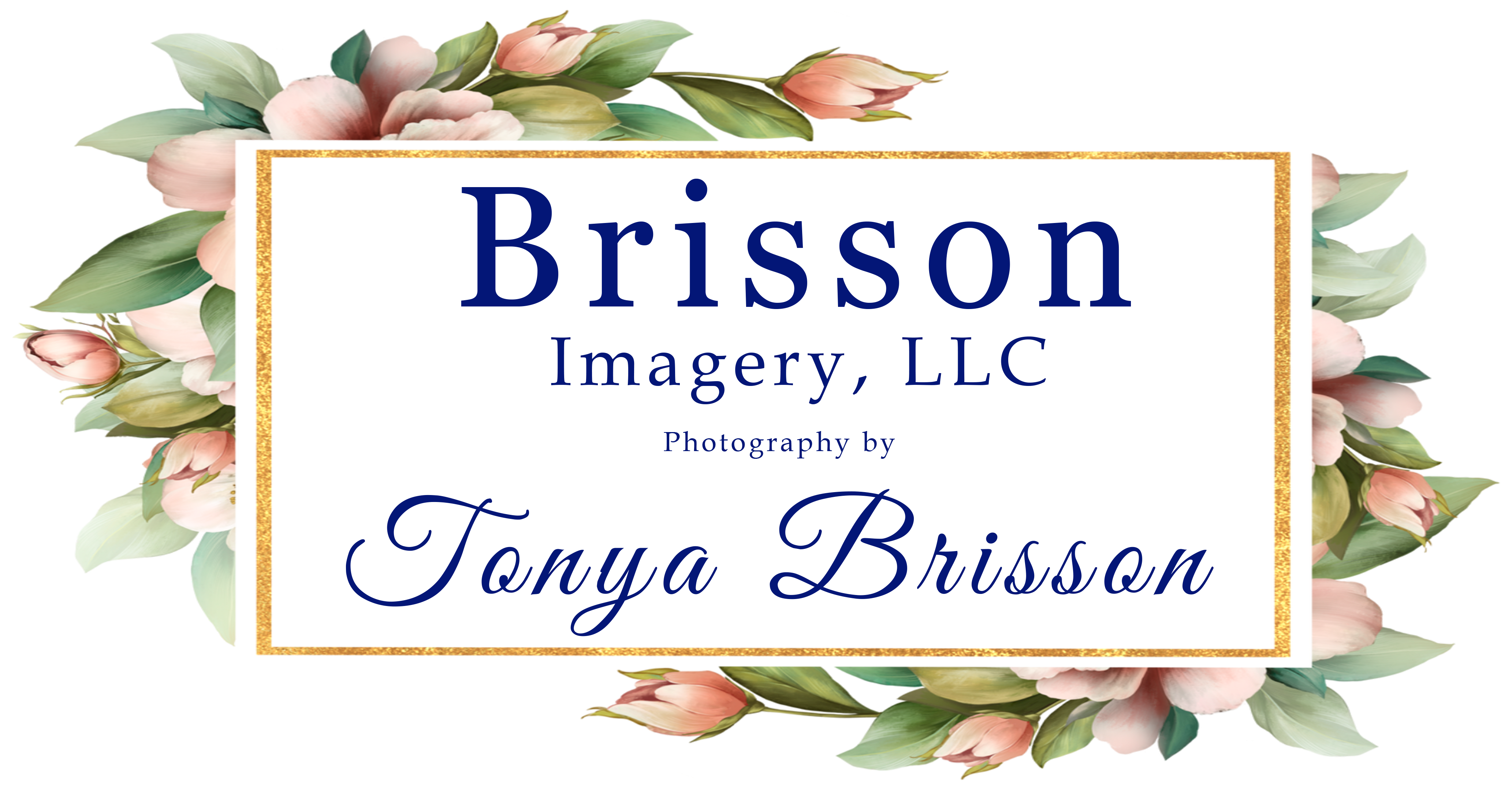In the age of advanced camera technology and smartphones with impressive lenses, it’s not uncommon to encounter individuals with a nice camera who fancy themselves as photographers. However, the art of professional portrait photography goes beyond owning a high-quality camera. In this blog post, we’ll explore the significant differences between a professional portrait photographer and someone with a nice camera.
Owning a nice camera is one thing; wielding it with skill and expertise is another. Professional portrait photographers undergo extensive training and practice to master the technical intricacies of their craft. From understanding composition to manipulating lighting, their skills go beyond the capabilities of the camera itself.
Professional photographers possess a unique creative vision and artistic flair that sets them apart. While a nice camera can capture images, a professional knows how to tell a story through their lens. Their ability to conceptualize, compose, and execute a vision elevates their work from mere snapshots to captivating portraits with depth and meaning.
Lighting is a critical aspect of portrait photography, and professionals excel in understanding and manipulating it to their advantage. They know how to use natural light, artificial light sources, and reflectors to create flattering and visually appealing portraits. This nuanced understanding of lighting is often beyond the reach of someone with a nice camera but limited experience.
Professional portrait photographers pay meticulous attention to detail. From the positioning of the subject to the smallest nuances in facial expressions, professionals ensure that every element contributes to the overall narrative of the portrait. This level of detail-oriented focus goes beyond the capabilities of someone who simply owns a nice camera.
The magic often happens after the photos are taken, during the post-processing stage. Professional photographers are skilled in using editing software to enhance colors, tones, and details while maintaining a natural look. This post-processing mastery contributes significantly to the polished and refined final product, setting it apart from amateur efforts.
Capturing compelling portraits requires the ability to direct and pose subjects effectively. Professional photographers excel in guiding their subjects, ensuring that poses are natural and flattering. They know how to bring out the best in individuals, creating images that convey authenticity and confidence.
While a nice camera is a valuable tool, professional portrait photographers invest in a range of high-quality equipment and continuing education. From specialized lenses to lighting gear, they use tools that are tailored to the unique demands of portrait photography. Photography is an ever-changing art form with a heavy footprint in technology. Keeping ahead of rapidly changing tools and techniques is essential to a professional photographer’s success. This investment contributes to the consistent quality and professional look of their work.
In the world of portrait photography, the difference between a professional photographer and someone with a nice camera is substantial. Beyond the equipment, professionals bring a wealth of skill, creativity, and experience to every session. When it comes to capturing the essence of individuals through the lens, entrusting the job to a professional ensures that your portraits transcend the realm of ordinary snapshots, becoming timeless pieces of art that tell a story worth remembering.

